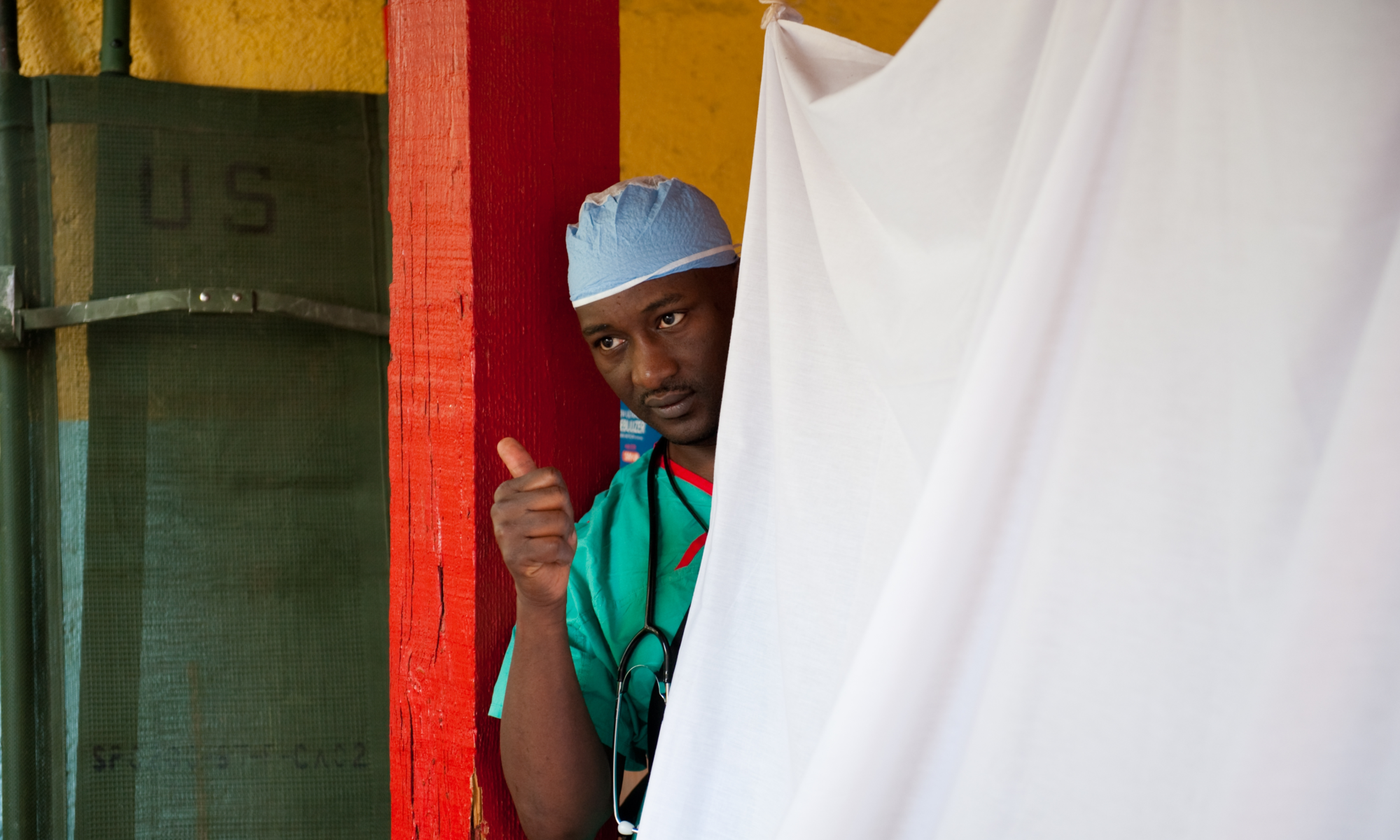Posted: Thursday, January 16, 2014 1:21 pm | Updated: 1:33 pm, Thu Jan 16, 2014.
Laura Garcia Valley Town Crier – Reporter[email protected]
With a new year, come diets and trends. Fitness books and active gear are moved to the front of stores and splash the pages of circulars.
However, running five miles a day and eating right can only do so much. But awareness and prevention are the only way to ensure one’s overall health.
January is cervical cancer awareness month and a Rio Grande Valley doctor is lending his expertise.
Dr. Thiendella Diagne, a board certified OB-GYN at Valley Care Clinics, stated that cervical cancer is a disease that is rampant in the United States. There are more than 12,000 cervical cancer cases diagnosed each year and of those, 4,000 deaths will occur.
Sixty million pap smears are done every year and 3.5 million come back abnormal. When it presents as abnormal, further testing must be done, such as a colposcopy. A colposcopy is procedure to closely examine the cervix and possibly a biopsy.
Diagne says the most important thing a woman can do is have an annual pap smear after the age of 21. For women younger than 21 it is advised to have a pap smear three to five years after they become sexually active.
Diagne adds that there is a link between the Human Papillomavirus (HPV) and cervical cancer.
According to the Centers for Disease Control and Prevention (CDC), HPV is a common virus that is passed from one person to another during sex. At least half of sexually active people will have HPV at some point in their lives, but few women will get cervical cancer.
Because HPV is almost 100 percent associated with cervical cancer, the HPV vaccine is recommended for younger girls at the age of 11 or 12 and for women up to the age of 26.
There are 40 types of HPV and eight high risk types which cause cervical cancer. While it does not offer complete immunity against the disease, the vaccine protects against types 16 and 18 which cause 70 percent of cervical cancer.
However, because 30 percent is still undetectable, pap smears are highly recommended.
Diagne says the vaccine is covered by most insurances and that pediatricians in the Valley do a very good job at administering the vaccine to young females.
Women who are at higher risk for cervical cancer include those who are smokers, those who have had multiple sex partners and those who are immunocompromised. Women with lower immune systems include HIV/AIDS patients, Lupus patients and organ transplant candidates. Also, women who have undergone chemotherapy for other cancers are at a higher risk.
If a woman has had a hysterectomy for a benign reason, a pap smear is no longer needed after their last normal screening. However a pelvic exam is still recommended.
Diagne adds that he has noticed a trend in the Valley with women assuming they do not need a pap smear after the birth of their last child.
He cannot stress enough that pap smears are a form of prevention and if a woman cannot get one done every three years then to try for at least every five years.
“The entire goal is to prevent getting cancer,” said Diagne.
After 30, it is advised women also get an HPV test done with the pap smear.
Diagne adds that 50 percent of sexually active women will develop HPV within 36 months, which can usually be cleared out on its own within 8-24 months. However, if the body does not clear out the virus, other treatments must be sought.
As with most cancers, the earlier it is detected, the better and because the progression of cervical cancer is about 6- 20 years, Diagne says there is still time and urges women to visit their OBGYN.


